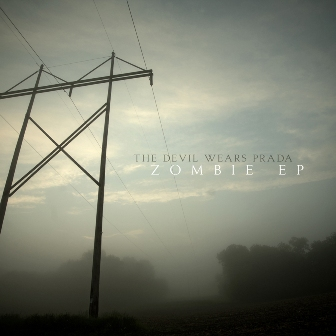
Something I enjoy about Don Miller is that he has a distinctive thesis for each of his books. (Although I cannot at present recall what it was for BLJ...)
Anyways, in Searching, the two predominant ideas are that Christianity has fallen in with the rest of the world in two ways: reducing the complexity of life and it's solutions to multi-step formula, and falling prey to Lifeboat Mentality.
The phrase Lifeboat Mentality is based on the ethical/hypothetical situation of being stranded in the ocean on a lifeboat with a variety of people (doctor, lawyer, nurse, Indian chief, preggo lady, gay rights activist, probation officer, nuclear physicist, garbage man, et cetera) and one must be thrown out in order to save the rest. So, each person must say why they should not be thrown out. Miller states, that because of the Fall, we are all automatically in this mode, always trying to validate our own existence to other people, always trying to stay 'in the lifeboat.'
It certainly is an interesting proposition, which he backs up with a host of experiential evidence. Why do we wear the clothes we wear? Why do we brush our teeth in the morning? Why do we listen to (or not listen to) the music we do (or don't)? What makes us feel good? A lot of the time, the answer is sadly other people (This can be loosely tied to the African philosophy of Ubuntu, which follows the lines of "I am because you are." This can be contrasted with the more selfish, Western philosophy of Cogito Ergo Sum (I think, therefore I am)).
Donald says that this is wrong, and that pre-Fall, we didn't have this because we were gaining all our affirmation through direct contact with God. Which ties into his other point: That the church is trying to solve relational problems through formula's.
Throughout the novel, Miller goes on several tangents about how God is a relational God, and how it makes no sense for us to try to have a relationship with him through formula. While this is a nice concept, it disregards all the formula's and rules laid out for Levite priests in Deuteronomy.
In spite of all that, I would recommend it. There's some fresh insight into Genesis, and a new view on Romeo and Juliet (that I disagree with, but it's still interesting from a clinical perspective).
Now then, moving on to moar intense topics: The Devil Wears Prada's new release, Zombie EP.
To break it down into a cliche, it's short and sweet. To add an extra adjective to the cliche, it's short and brutally sweet. The five track long, just over 20 minutes extended play based on the inevitable zombie apocalypse is a fun romp, but probably won't be remembered as their best work.
Over-all, the band has both grown while someone remaining stagnant. While there are obvious differences from their last album With Roots Above and Branches Below (particularly the lead vocalist' range) the overall feel is still 'oh, a metalcore band.' Of course, they're an exceptionally amazing metalcore band, but they really haven't done much to break any musical mold or explore new sonic turf (one musical highlight is a synth sound in 'Anatomy' (track 2) that sounds like a siren).
The drums, guitar and bass are all as interesting as can be expected, but one major disappointment are the synth textures. I'm not sure what the setting is, but I'm pretty sure every heavy music group that has a microkorg has employed it for at least one song. But on Zombie, it pops up everywhere. While it sounds good, it's a touch irritating to realize how much work was put into the rest of the album, only to have the keys fall prey to cliche.
As before stated, the vocalist' range has improved incredibly. His lows are much lower and guttural, his highs are as amazing as always, and his mid's are mostly perfect. The only real issue is his tendency to switch between highs and lows with no regard to the lyrics. Lines are given extra emphasis when they don't need any (prime example: 'Survivor' track 5). Lyrically though, they're as blunt as a baseball bat to the brain, which is presumably intentional because a baseball bat to the brain is one way to kill a zombie.
All of the songs are very tight and polished, but for a band that's as heavy as they are, a bit less perfection would be a good thing.
Comparatively, it's like Godzilla with a manicure. It's nice and all, but it's rather odd.

No comments:
Post a Comment